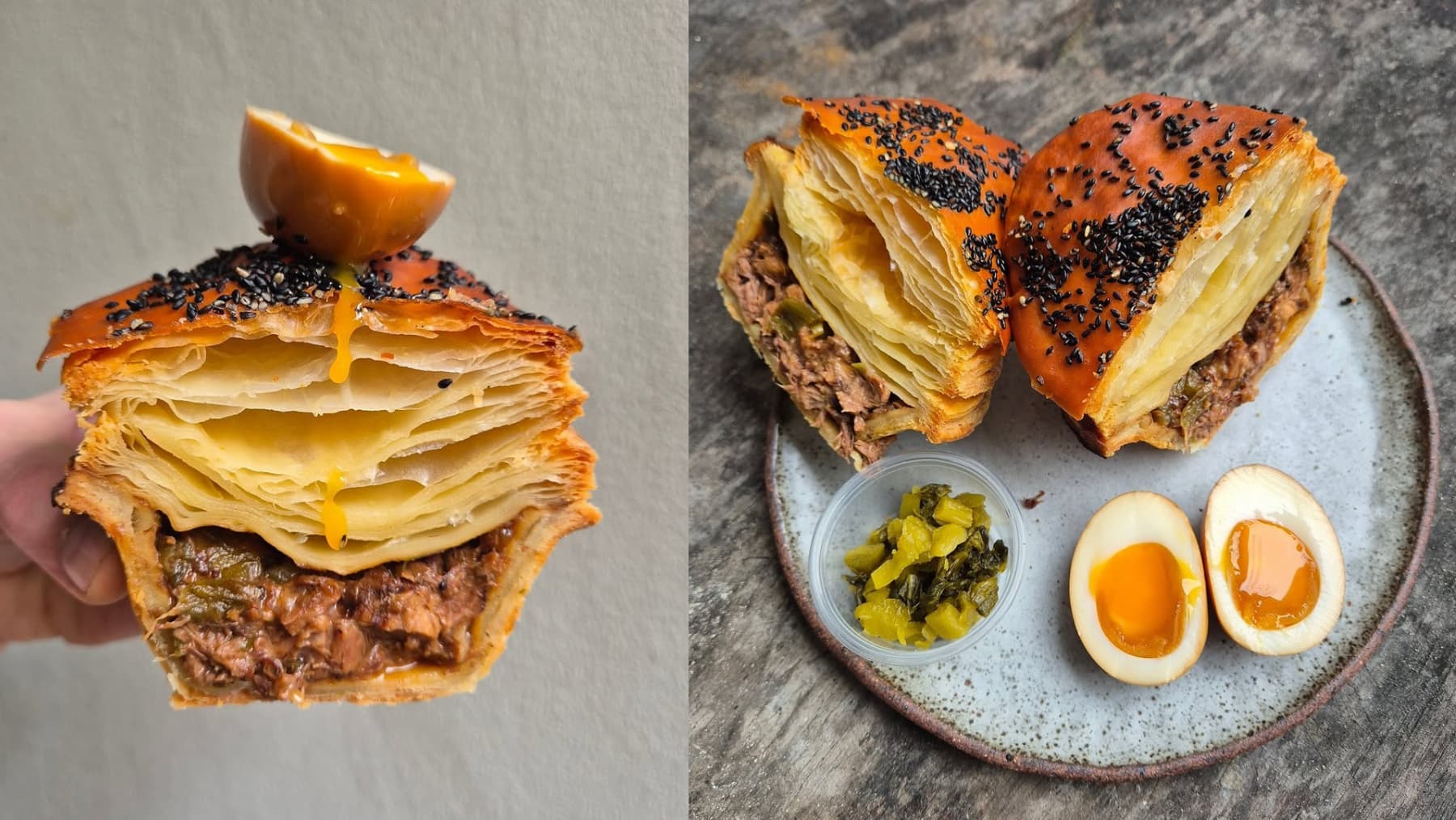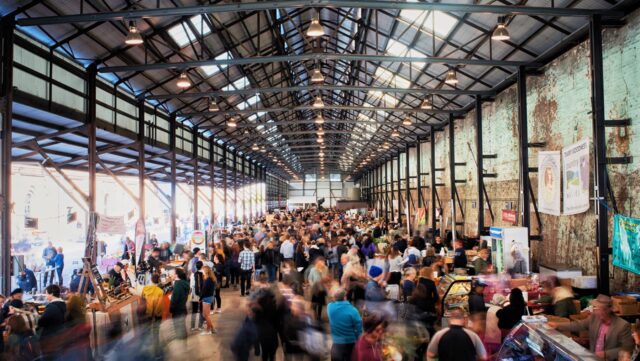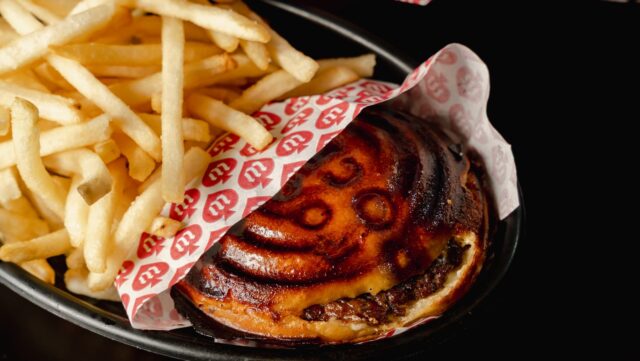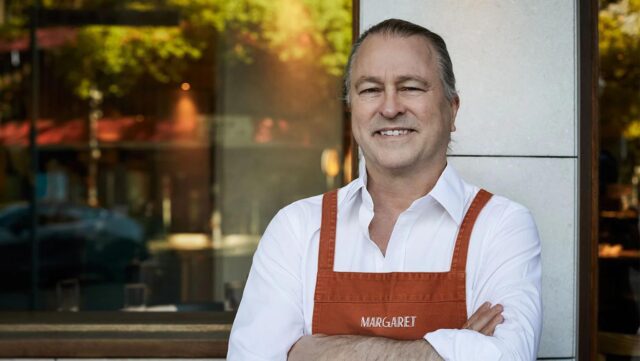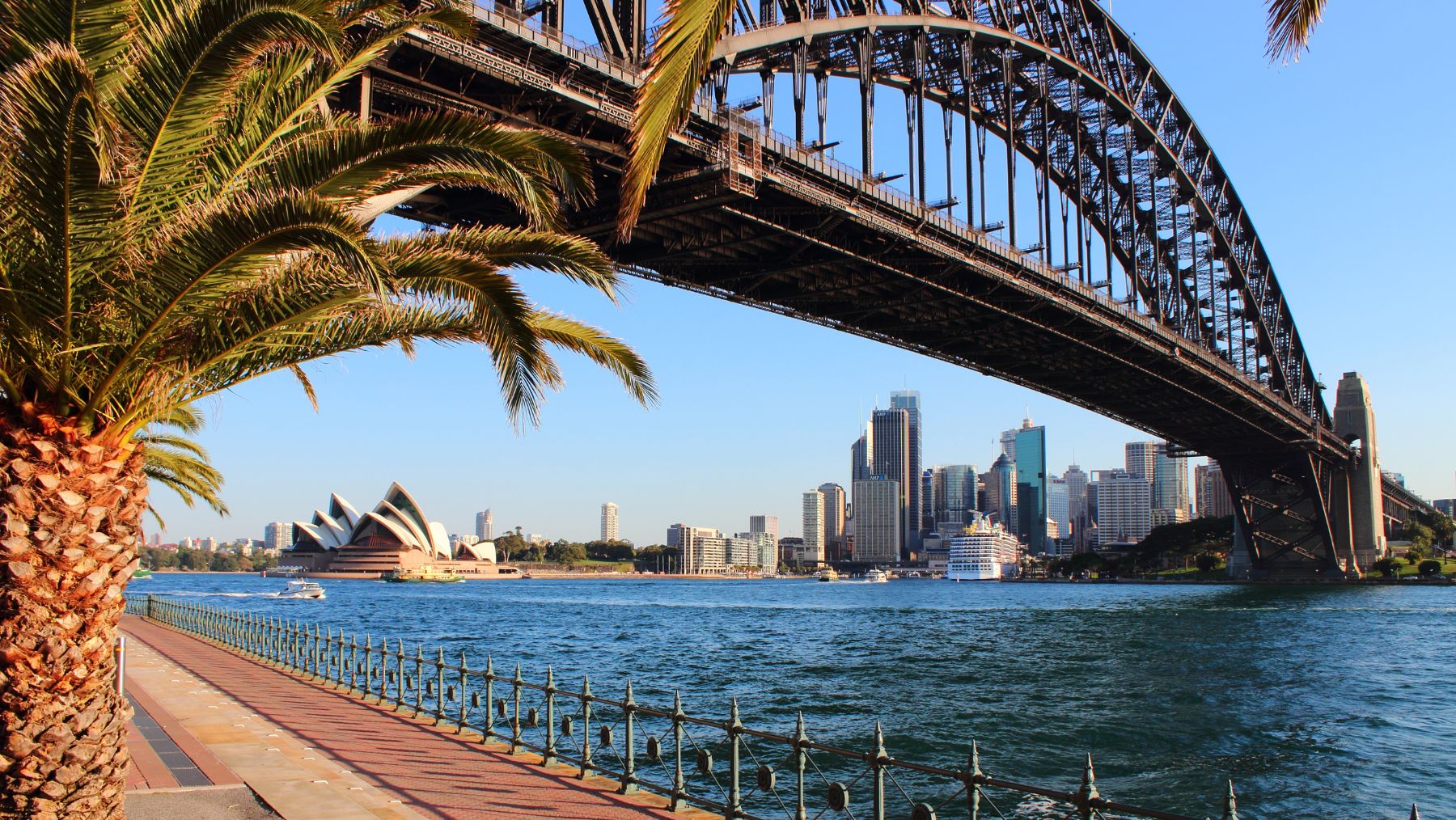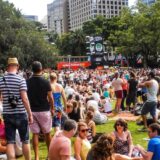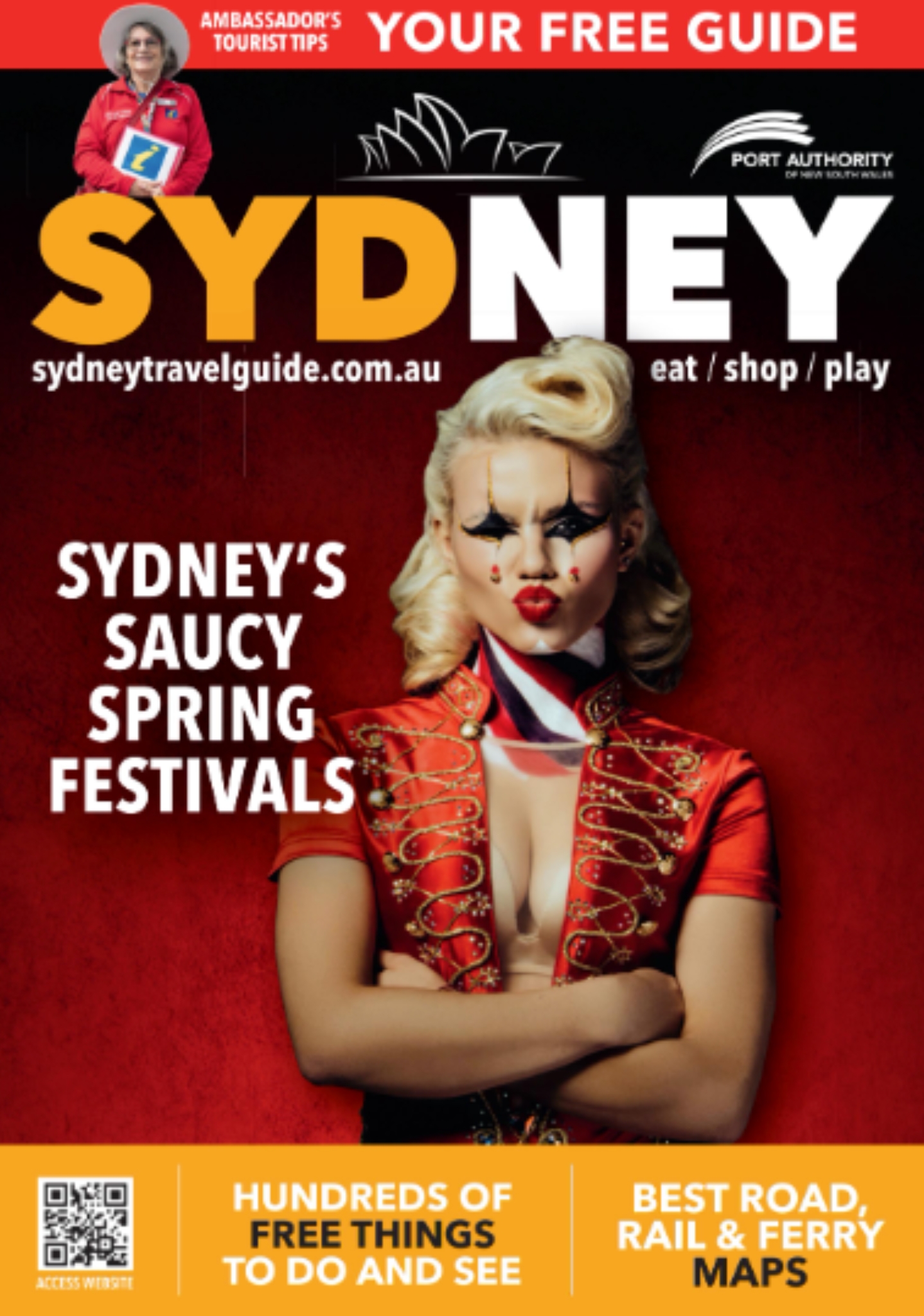- Blood’s Bakery in Ultimo have released a unique Taiwanese beef shank and tea pie.
- The flaky treat is only available if you order via Instagram and pick up from the chef’s apartment.
- It joins the ongoing chorus of more dark kitchens popping up around Sydney to add more variety to the city’s food scene.
It seems like Ultimo’s order-via-Instagram Blood’s Bakery is back at it again, this time getting their social media followers hyped up with the introduction of another monstrously large, unique pie that’s got “viral” written all over it (in a good way).
Posted earlier this week on their Instagram page, the Taiwanese beef shank and tea pie should easily keep Blood’s Bakery’s star rising as more creative dark kitchens are starting to pop up around Sydney—some to address the stark cost of living, others from industrious chefs and bakers taking direct-to-consumer to a whole new level of creativity.
Former Merivale chef Alex Lynn began Blood’s Bakery during the 2021 lockdown, slinging unique pastries, tarts and loaves exclusively via Instagram with a simple process. You DM him, he lets you know pre-order and pick-up options, you wire him some money, and you pick it up from his apartment in Ultimo.
The only problem is that demand is often so deliriously high that the pick up dates could be days or even weeks after you pre-order; delayed satisfaction is hard when you’ve got photos of the pie so readily available.
I’ve bought from Alex before. His $14 chasu pork belly and ramen tea egg pie is all kinds of incredible. And it’s still one of his most popular products. He cooks the pork belly in a mixture of ginger, sake and soy and then dunks in a ramen-like broth before finishing it off with sesame, seaweed and shallot. Butter-soaked pastry is then folded over the pork belly with chasu and mushroom before the whole thing is topped with a delicious ramen egg. It’s messy, but mind-blowing.
The new Taiwanese beef shank and tea pie, with orders starting from Tuesday, August 12, is much of the same culinary creativity.
“We slowly braise the beef shank in a Taiwanese-inspired broth with lots of spices and aromatics, soybean paste, Taiwanese rice wine, ginger, shallots and mustard greens,” writes Blood’s Bakery on their Instagram.
Served on the side: a Taiwanese tea egg that’s been marinated in Oolong tea and aromatics.
“For the egg, you can just eat however you want. It’s just a nice side that goes well with the pie.”
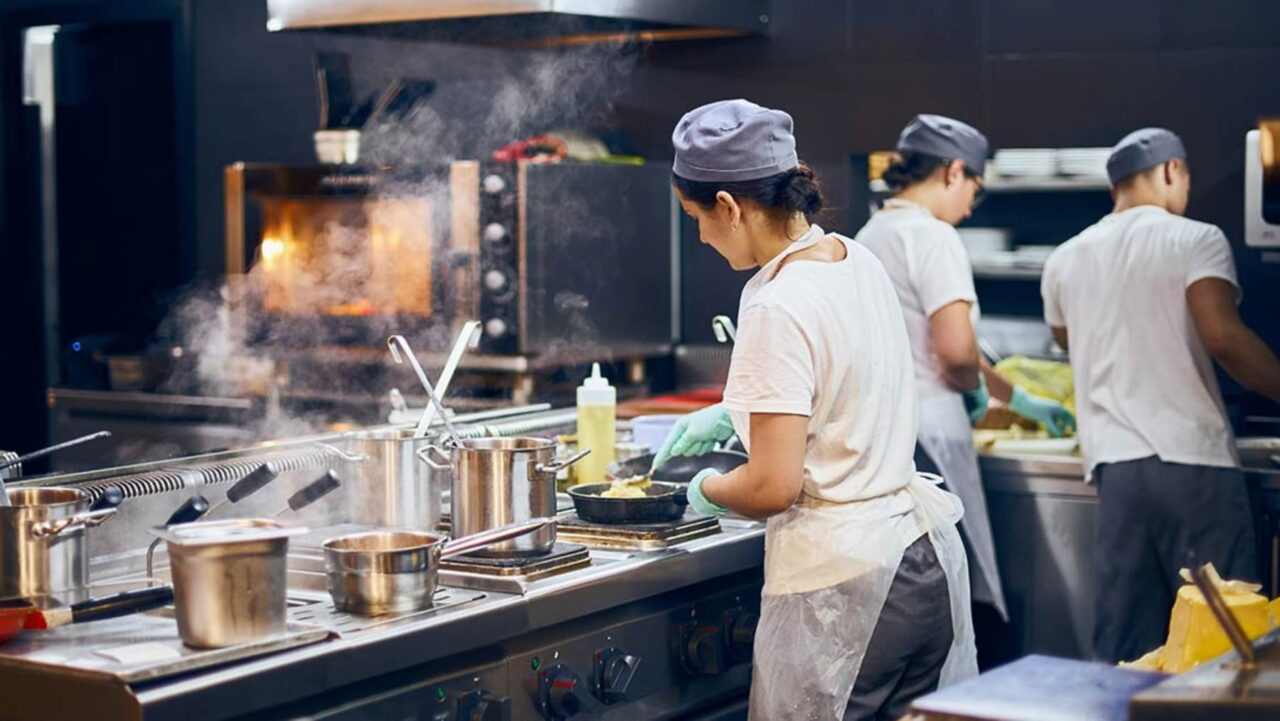
The rise of the dark kitchen
There were many Sydney restaurants and businesses that shifted to dark kitchens and virtual venues during the pandemic. The now-closed Tequila Mockingbird, for example, set up a bunch of them across Sydney back when words like “pivot” were trendier than words like “narcissism” (ironically, a simpler time).
Much like remote work, creative dark kitchens and chef’s showing more lateral thinking is one of the few positive knock-on effects from the pandemic. You’ll still hear about them every now and again, like the South Asian sisters in South Wentworthville who have began selling $8 meals via Facebook Marketplace.
Sisters Sanjana and Shivangi Munial works full-time selling food on social media, but they are far from the only ones in Sydney who have taken this industrious route. For example, there’s a Facebook group called Malaysian Food Lovers Sydney, where over 20,000 members discuss the ins and outs of South-East Asian cuisine while others sell directly to them via pre-order and pick-up.
It’s not an illegal practice. But it’s also not really regulated by any standards or practices. Browse Facebook and Instagram and you’ll find that Sydney has plenty of these direct-to-consumer businesses popping up now, offering much cheaper prices than restaurants and deepening the city’s definitive multi-cultural scene with everything from Indian and Pakistani to Lebanese cuisines.
As per the SMH article, home-cook sellers are not officially overseen by the state’s food regulator so aren’t bound by the common strict food preparation standards and storage procedures that more traditional food businesses are. It’s built on trust. The NSW Food Authority has come forward to restate that these home-based food businesses are allowed to operate legally in the state, but they must follow strict hygiene, labelling and notification requirements.
Home businesses must notify local councils of their existence and operational standards. They are also subject to inspections and are exposed to fines or prohibition orders if they do not meet certain standards.
Questions you should ask yourself before buying from a home food business?
After talking to the NSW Food Authority, SMH has outlined four questions you should ask yourself before buying from any food business.
- What are the hygiene standards of the kitchen you use?
- Is your food labelled properly?
- Do you list any potential allergens on your food containers?
- Has your home business been registered with the local council to ensure operations and food safety protocols?

